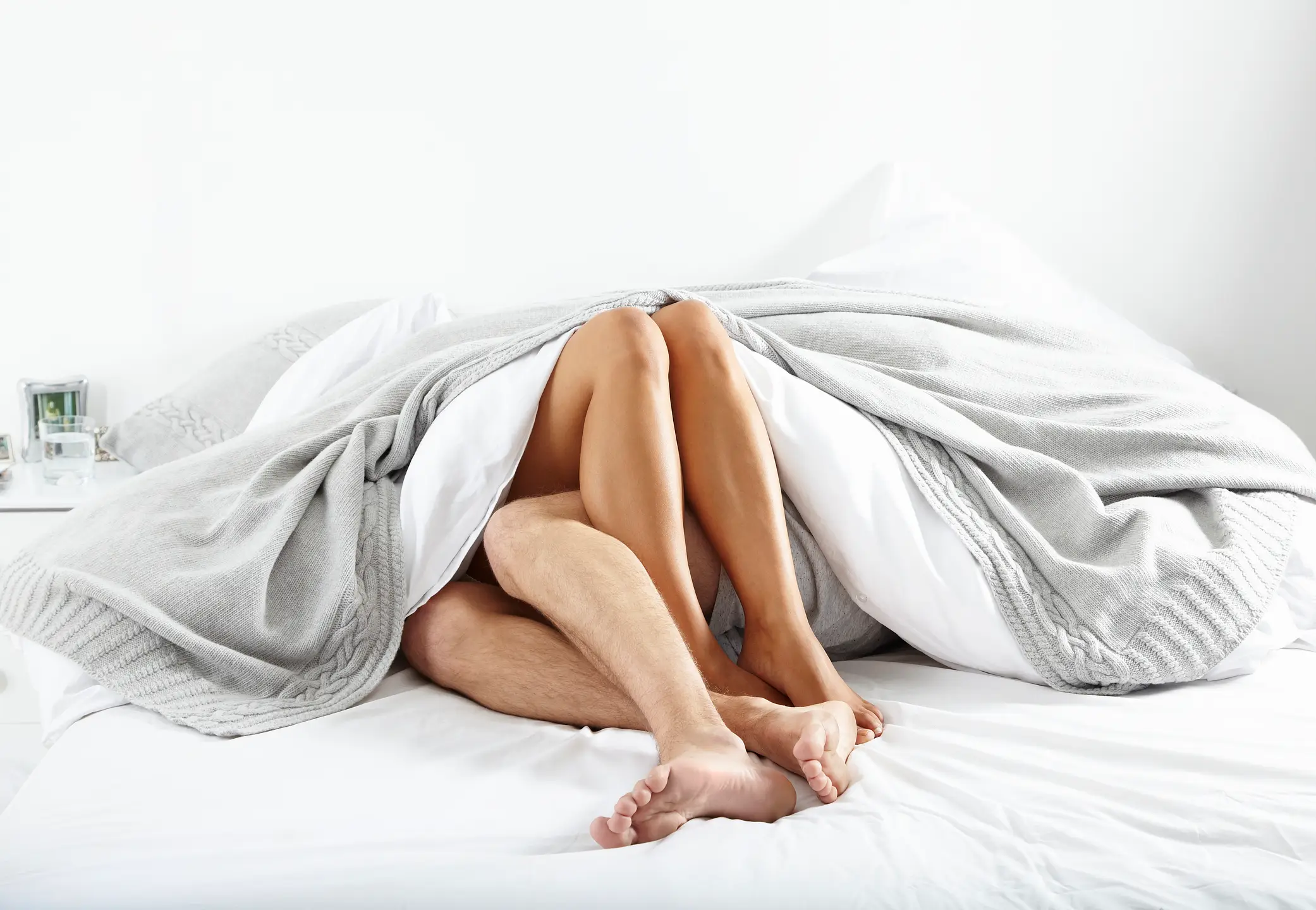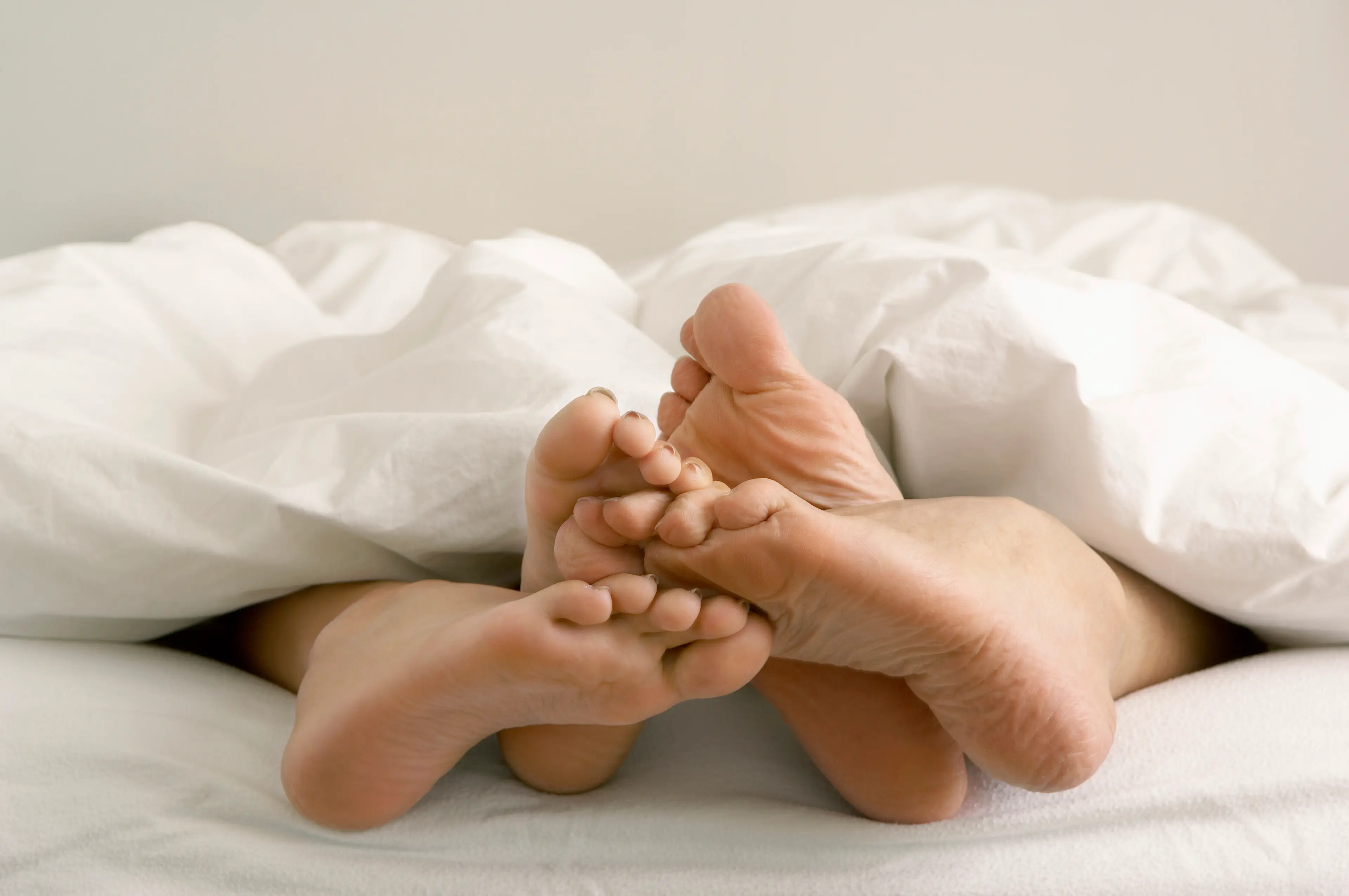
A sex and relationships expert has explained exactly what happens to your body when you stop having sex.
I think we have a pretty good idea of how we feel during a 'dry spell', particularly for those who are sexually active.
But what happens when that dry spell actually begins to impact your body?
Well, Christine Rafe - a sex and relationships expert for Womanizer - has explained the science behind it.
Advert

What happens to the body when you stop having sex?
While it may feel like your body is changing going through a dry patch, the actual science behind it suggests not much is changing at all.
Rafe explained: "While there are recognized physical, emotional and psychological benefits to engaging in solo or partnered sexual activity (including outercourse or non-penetrative sex), this does not mean that there are negative consequences associated with not being sexually active."
However, experts have explained how our body does go through a process known as 'deconditioning' during a time when sex is not on the cards.

This basically means becoming less primed for intercourse.
Rafe explained: "In the same way we might experience a reduced confidence, muscle tightness and overall deconditioning from not exercising, people who haven’t had sex, or who stop having sex for prolonged periods may experience deconditioning to sexual activities and find that they have muscle tightness or soreness, difficulties in ejaculatory control and a loss of confidence in sexual activity."
The sex and relationships expert did make it clear that 'these are not long-term biological changes'.
The benefits of sex
We've long been told the benefits of having a sexually active lifestyle, and Rafe has certainly backed up those claims.
However, there is no health downsides to not having sex either.
“There is no substantive research or evidence concluding that there are negative health impacts for someone who chooses to not have sex, or to stop having sex,” Rafe explained.

The benefits you ask, though?
Well, the expert explained that when it comes to hormones, 'the chemicals released during sexual pleasure, whether solo or with others, include oxytocin, endorphins, serotonin and dopamine'.
She added: "These are our happy/feel-good chemicals, and they can improve mood and energy levels [and] increase motivation."
On top of that, we've heard all about the benefits of sex reducing stress, which can therefore impact mood and the immune system.
The more you know.
Topics: Health, Sex and Relationships
